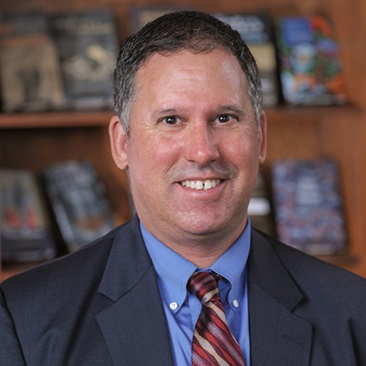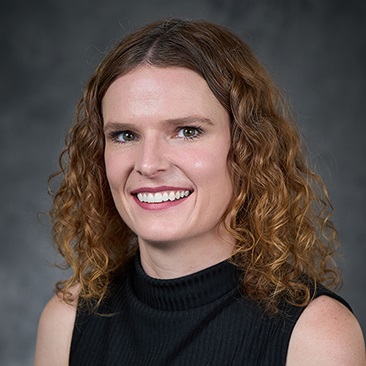Tessa Murphy Named Humanities Faculty Fellow for Research on Histories of Enslaved People
March 27, 2023
The associate professor of history is working on a book and publicly accessible database of people who were enslaved in British Crown colonies in the Caribbean.
Beginning in 1814 and continuing through Great Britain’s 1833 Slavery Abolition Act, British Crown colonies in the Caribbean kept detailed registries containing not only the first and last names, but ages and occupations of every enslaved person on an estate. Their records included specific places of origin and familial connections to others enslaved on the same plantation or in the same household.
The details contained in these registries offer insight into the origins, experiences and familial relations of enslaved people who rarely had the opportunity to leave written records of their lives that are the basis for a new project “Slavery in the Age of Abolition.”
With the help of Michael Fudge, professor of practice in the School of Information Studies, and student research assistants, Associate Professor of History Tessa Murphy is creating a publicly accessible database of people enslaved in British Caribbean Crown colonies and an associated book. In support of Murphy’s work, the Syracuse University Humanities Center has awarded her a 2023 faculty fellowship.
While most work of this period traditionally centers on abolition, Murphy connects with a variety of disciplines, including slavery studies, disability studies and English, to highlight the realities of slavery on the frontiers of the British Empire. The researchers hope the database will be of use to other researchers, to teachers and students, and to those who might find their ancestors in these records.
“Although similar registries were made throughout the British Empire, planter elites in colonies like Jamaica declined to report such detailed information,” explains Murphy. “Because Crown colonies lacked elected assemblies where local elites could dictate policy, the registries created there were much more detailed. This means we have a great opportunity to use the registries to reconstruct the lives and genealogies of people in little-studied colonies like St. Lucia, broadening our understanding of slavery and centering the experiences of people who rarely had the opportunity to leave a record of their lives.”
Murphy received a Ph.D. from the University of Chicago in 2016. Her first book, “The Creole Archipelago: Race and Borders in the Colonial Caribbean” (University of Pennsylvania Press, 2021), traces how generations of Indigenous Kalinagos, free and enslaved Africans and settlers from a variety of European nations, used maritime routes to forge connections that spanned the eastern Caribbean. It was awarded a book prize from the Forum on Early-Modern Empires and Global Interactions, and the American Historical Association’s James A. Rawley Prize in Atlantic History.
Her research has been supported by the National Endowment for the Humanities, the Social Sciences and Humanities Research Council of Canada, France’s Institut National d’Études Démographiques, the John Carter Brown Library, the David Library of the American Revolution, and the Clements Library.
Published in the Spring 2023 issue of the Maxwell Perspective
Related News
School News

Apr 3, 2025
School News

Mar 26, 2025
Commentary

Mar 24, 2025

